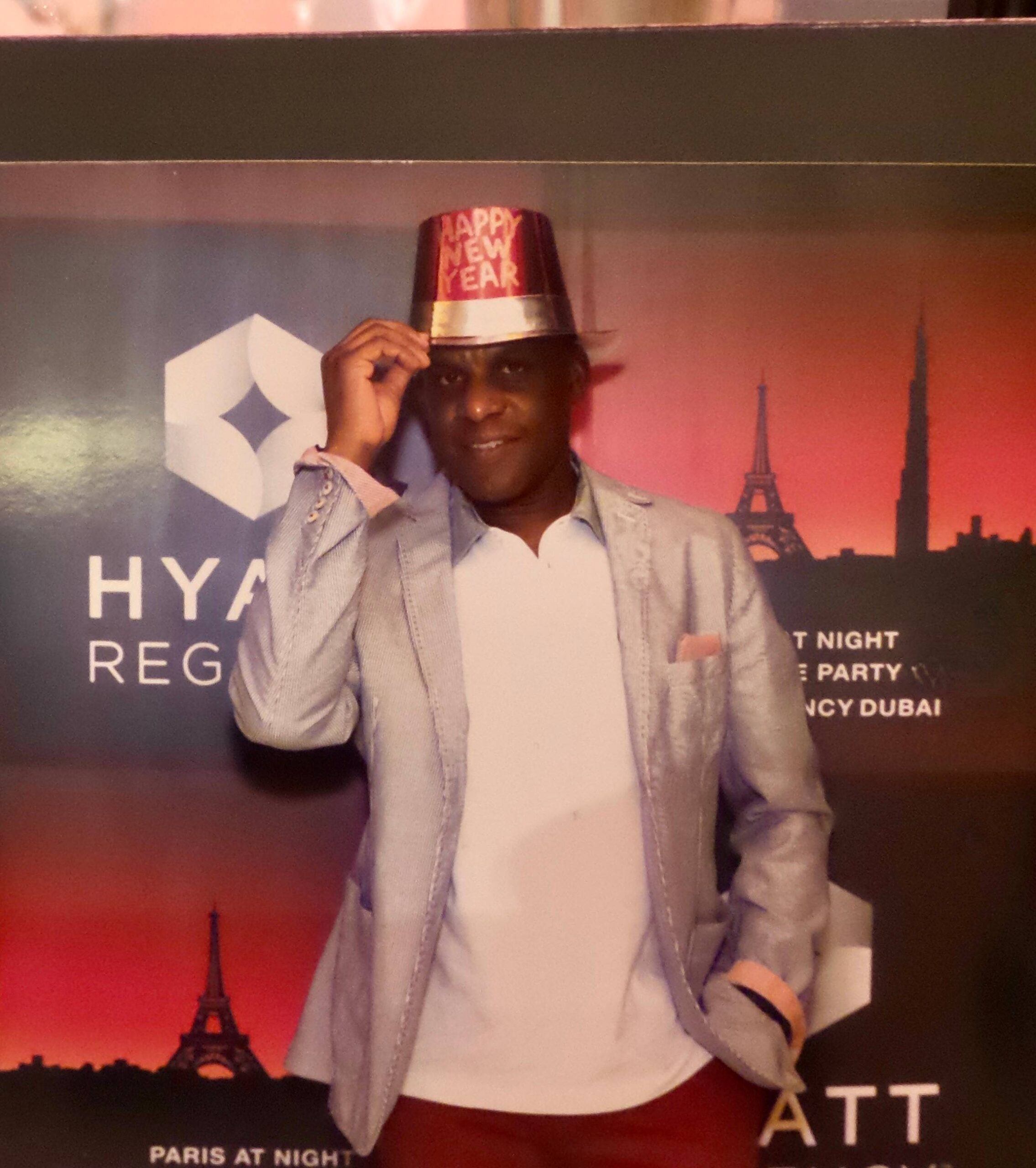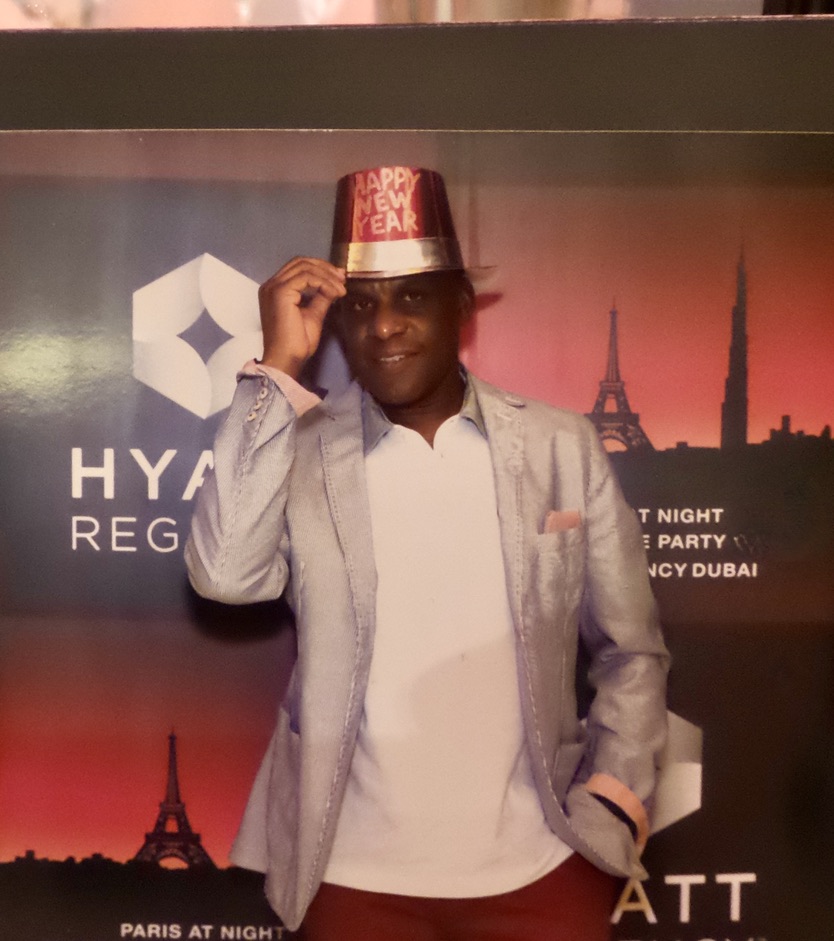Shocking statistics reveal the deep-rooted disparities people of colour face in UK workplaces – it’s time to confront the uncomfortable truth and take action to create real change.
When we think about mental health, we often forget how much race influences our experiences in the workplace. But the truth is, for many people of colour, mental health challenges are compounded by discrimination, bias, and systemic inequalities. This isn’t just an abstract idea – the statistics are shocking and reveal an uncomfortable reality we can no longer ignore.
We examine these inequalities in depth in session two of the Mental Health First Aid course I run. When I present the data, it is met with stunned silence. People’s eyes widen as they grasp the reality that race and mental health are so closely connected. These moments spark a crucial conversation, often leading to a heated but constructive debate.
Startling Statistics: The Mental Health Inequalities People of Colour Face
The Centre for Mental Health reveals disturbing statistics about how mental health services in the UK fail people of colour:
- Black men are 17 times more likely to be diagnosed with a serious mental health condition than white men.
- People from Black African and Caribbean backgrounds are four times more likely to be detained under the Mental Health Act.
- South Asian women report higher rates of depression and anxiety but are less likely to access mental health services.
- Black and minority ethnic (BME) individuals are less likely to receive early intervention and more likely to be coerced into treatment through police or emergency services.
These numbers aren’t just shocking – they’re alarming. They represent real people, real struggles, and a falling short system. During my courses, I see how these figures awaken people to the harsh realities their colleagues, friends, and neighbours face. The inequalities aren’t limited to mental health services. The workplace itself is a battleground for mental health, especially for people of colour.
Race, Mental Health, and the Workplace: The Inequalities No One Talks About
In the workplace, racial inequality takes a significant toll on mental health. Whether it’s dealing with microaggressions, unconscious bias, or feeling like you don’t belong, the stress adds up. For Black employees and people of colour, these everyday struggles can have a profound impact on mental well-being.
A 2020 study by Business in the Community found that:
- 39% of Black employees feel uncomfortable talking about mental health with their managers, compared to 29% of white employees.
- 75% of Black and Asian employees said racism in the workplace negatively affected their mental health.
- Only 32% of ethnic minority employees felt their organisation was committed to fostering an inclusive environment.
Many workplaces are failing their Black employees. These environments often don’t provide the support or resources needed to address the unique challenges people of colour face. This creates a vicious cycle of stress, anxiety, and isolation.
My Experience: Speaking on Resilience and Coping with Discrimination
After the murder of George Floyd in May 2020, which sparked global protests, I had the opportunity to work with Ernst & Young (EY) to help the Black community navigate this emotional time. We discussed how to stay resilient and confident amidst ongoing racial injustice. I also shared my personal story – my lived experience of facing discrimination in job interviews, being passed over for promotions, and fighting bias in the workplace. It was tough to relive these moments, but showing how resilience can be built, even in the face of adversity was important.
As part of my ongoing commitment to fighting racial inequalities, I’ve also contributed evidence to the Commission for Racial Equality. In their report, I shared my experiences of systemic racism throughout my career – from discrimination in job interviews to being passed over for promotions. The full report and video of their findings can be seen here. I encourage you to take a moment to review it – these findings reflect the lived realities of so many. However, despite such efforts, many in the Black community still feel disillusioned, wondering whether real change will ever happen.
The question remains: why do these inequalities persist despite all the reports, talks, and protests?
In my sessions, I always emphasise coping strategies – not just for survival, but for thriving. From setting boundaries to finding supportive networks and practising mindfulness, there are ways to manage the emotional toll of racial discrimination. These conversations resonate deeply, and I can see their impact on people’s outlook on mental health and resilience.
Sparking Change: Opening Up the Debate and Raising Awareness
The conversations that follow these shocking revelations are some of the most powerful in my courses. People often express disbelief at how much they didn’t know about their Black colleagues’ experiences. For many, it’s the first time they’ve truly confronted the reality of racial inequality in mental health. But the question always arises: What can we do about it?
The first step is recognising that general mental health support won’t cut it. We need culturally competent services that acknowledge the specific challenges people of colour face. Employers must foster safe spaces where employees feel they can discuss both their mental health and the impact of race on their well-being.
What Needs to Happen Next?
To bridge the gap between race and mental health in the workplace, we need to take action. It’s not just about knowing the statistics – it’s about using them to fuel real change. Here’s how:
- Tailor mental health initiatives to meet the needs of Black employees and people of colour.
- Provide training for leadership to confront unconscious bias and build empathy.
- Create safe spaces for open conversations about race and mental health.
- Increase representation of people of colour in both leadership and mental health professions.
These actions aren’t just crucial for creating a more inclusive workplace – they’re essential for the well-being of employees who too often feel marginalised. As I tell the participants in my courses, the statistics may shock you, but they should also motivate you. We must ask ourselves: What role will you play in creating that change today?
When we take action, we not only improve the mental health and well-being of Black employees – we create a workplace that’s healthier, more inclusive, and more productive for everyone.
Mike Lawrence: Your Guide to Health & Wellbeing
I’m Mike Lawrence, a passionate advocate for mental health and wellbeing. After overcoming significant health challenges, including brain surgery, I’ve dedicated myself to a journey of self-improvement and helping others thrive. From heart-pounding skydives for charity to soul-enriching travels in Thailand, my experiences have shaped my approach to holistic health.
I love sharing the lessons I’ve learned from these adventures and from the powerful audiobooks I devour. Let’s explore the paths to better mental and physical health together. Embrace life’s adventures with enthusiasm and resilience, and remember—you’re never alone on this journey!
Feel free to reach out via email at hello@mikelawrence.co.uk or connect with me on LinkedIn. For more in-depth insights and inspiring stories, read my latest blogs here. Together, let’s create a healthier, happier future!





